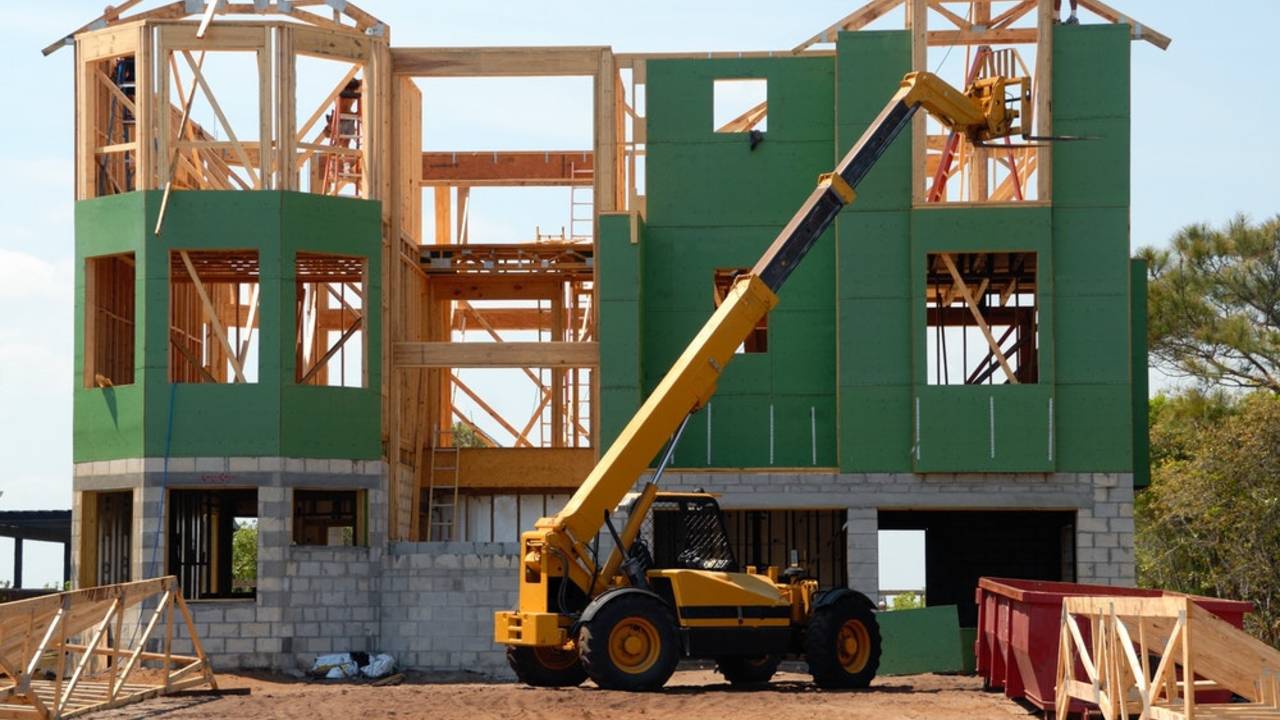A construction project is a combination of many moving parts. It's complicated, and even if you've prepared for every possible situation, something may go wrong. The weather could hold up work, an accident could cause downtime or a similar incident might leave you behind schedule.
Setbacks are pretty much inevitable when you're building a home. However, you can avoid delays and meet deadlines with a proactive approach. When you employ a few simple strategies for reducing risk, you'll pre-empt problems and keep your project on track.
What are some of the most common issues that derail home construction? How do you prevent and manage them? Here are five threats to your project and the top methods of risk mitigation.
1. Homeowner Indecision
Many builders claim homeowner indecision is a leading cause of delays. When the crew is unable to proceed with work, it's usually because the owner hasn't made up their mind about something. A little hesitation is natural, of course, but it shouldn't dictate the success of your project.
You can move past this issue by finalizing your design decisions early on. When you determine the details of your plans — down to the style of the countertops — you'll have far fewer problems over the course of construction. It can also help to partner with an interior designer.
2. Unreliable Builder
You'll entrust a long list of responsibilities to your builder once you hire them. They'll play a crucial role in the completion of your project, and you need the person you choose to measure up to your expectations. Unfortunately, not everyone has your best interests in mind.
A quick background check can help you separate the subpar builders from the one that deserves your business. Look into their experience, their reputation with local banks and suppliers, the opinion of past customers and other details that provide a clear picture of the builder's character.
3. Severe Weather
Severe weather can throw a project into chaos if you don't take precautions. Whether you're expecting thunderstorms, flooding, a heat wave or hail, you'll have to prepare your construction site for a range of conditions depending on the season. You must have strategies to protect your site before, during and after an event.
For example, you can create a jobsite checklist to make it easier to recover from severe weather. Among other items on that list, you should include a contact flowchart for easy communication, stock emergency supplies and form an action plan to outline protocol. Planning for a crisis will reduce its overall impact.
4. Undefined Schedule
You have more than a single deadline you need to meet when building your home. Its eventual completion is something to celebrate, but you'll have lots of milestones along the way that are also critical to acknowledge. Without these smaller deadlines, your schedule can begin to slip.
Get a sense of your builder's professionalism and preparation. Do they have the construction equipment they need on hand and ready for necessary tasks like excavation and landscaping without adding delays? What is their work schedule? How will they communicate issues with the client? While delays are inevitable, a good builder will be transparent from the start.
Make sure to set multiple deadlines throughout the project. Firm dates will ensure you meet your goals and make progress, preventing delays in the build as you move forward, little by little. It's far better than working with only a vague idea of your objectives.
5. Poor Communication
As mentioned earlier, a construction project is a combination of many moving parts. You're one of them, and your participation is important if you're going to get the most from your build. A lack of involvement and poor communication are often problematic on a jobsite.
It's relatively easy to address these issues and manage setbacks in your project when you maintain a clear channel of communication with your builder. Have a conversation with them about the schedule and how they handle delays. These discussions can give you a bit of perspective on the construction process.
Feel Confident as You Continue
You can't prepare for every possible situation, and you don't need to. As long as you account for some of the most common issues in construction, you'll reduce the risk of delays and keep your project moving in the right direction. Just remember some of the strategies in the list above and apply them to your build.
Soon enough, you'll be the proud owner of a beautiful custom home.


Comments(0)